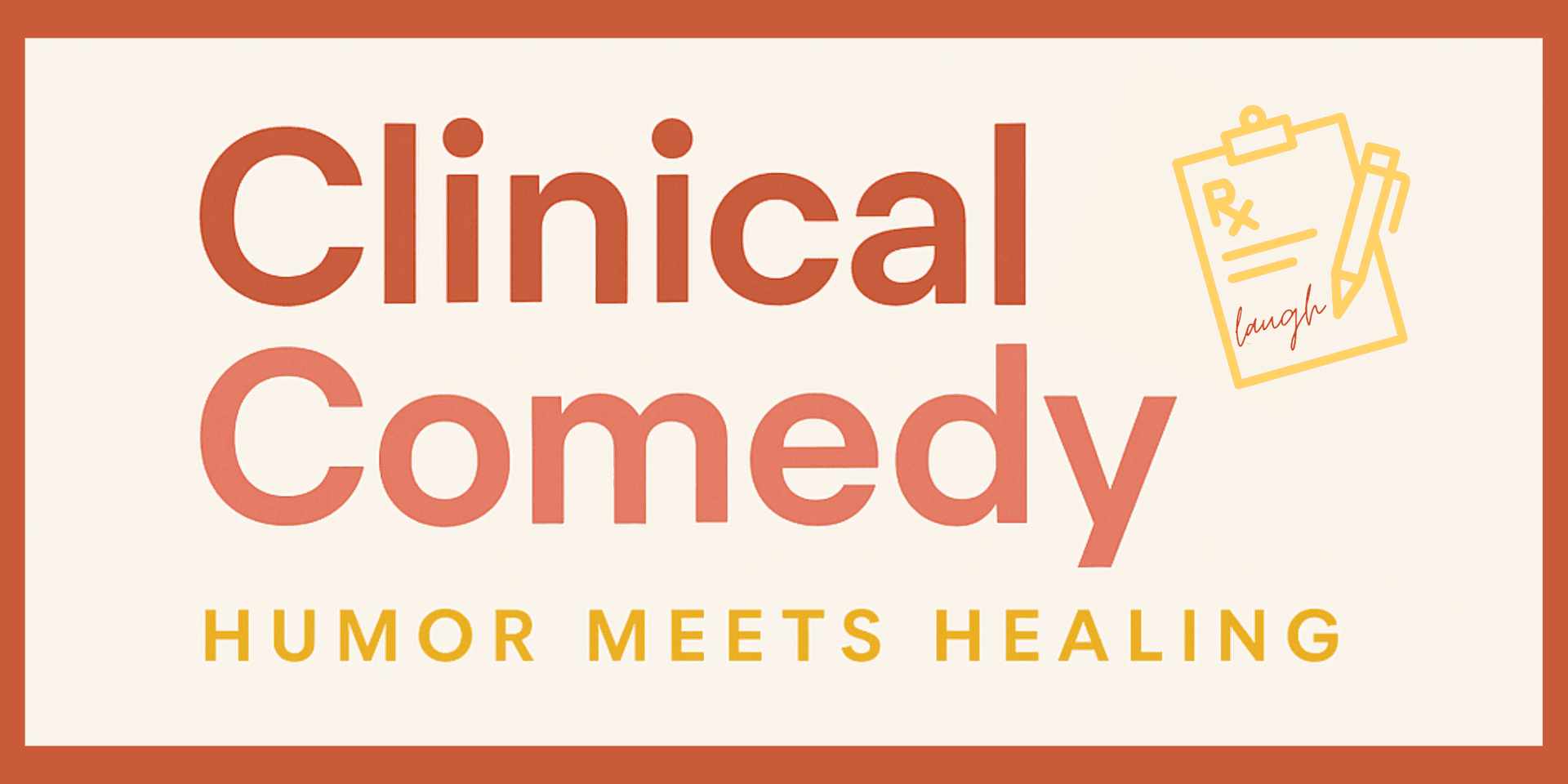Expert Insights: The Role of Humor in Mental Health Therapy
Understanding Humor in Therapy
Humor has long been recognized as a universal language that can break down barriers and foster connections. In the realm of mental health therapy, humor is increasingly being acknowledged for its potential therapeutic benefits. Integrating humor into therapy sessions can help create a safe space where clients feel more comfortable to express themselves.

Therapists have found that humor can help in alleviating anxiety, depression, and stress. By encouraging laughter, therapists can facilitate a release of tension and promote a sense of relaxation. This not only helps clients open up more easily but also allows them to view their problems from a different perspective.
The Psychological Benefits of Humor
One of the main psychological benefits of humor in therapy is its ability to enhance mood. Laughter triggers the release of endorphins, the body's natural feel-good chemicals, which can improve a client's overall outlook and reduce feelings of distress. Additionally, humor can serve as a powerful coping mechanism, enabling clients to distance themselves from negative emotions and gain greater clarity.

Moreover, humor can boost self-esteem and confidence. When clients are encouraged to laugh at their own mistakes or view challenges through a humorous lens, they often experience a decrease in self-criticism and an increase in self-acceptance. This shift can be crucial in fostering personal growth and resilience.
Integrating Humor into Therapy Sessions
Incorporating humor into therapy requires sensitivity and skill. Therapists should be mindful of a client’s comfort level and cultural background to ensure that humor is used appropriately. Here are some strategies therapists may employ:
- Using light-hearted anecdotes to illustrate points.
- Encouraging clients to find humor in everyday situations.
- Incorporating humorous videos or cartoons relevant to therapy topics.

It's important for therapists to strike a balance between humor and empathy. While humor can be a valuable tool, it should never minimize a client's experience or feelings. Instead, it should serve as a bridge to deeper understanding and healing.
Challenges and Considerations
While humor can be beneficial, it's not without its challenges. Not all clients may respond positively to humor, and some may find it inappropriate or uncomfortable. Therapists must be attuned to these reactions and adjust their approach accordingly.
Additionally, it's essential for therapists to distinguish between healthy humor and sarcasm or cynicism, which can have the opposite effect by damaging trust and rapport. The key is to use humor that uplifts and supports the therapeutic goals.
Conclusion: The Healing Power of Humor
In conclusion, when used thoughtfully, humor can be a powerful ally in mental health therapy. It can help break down defenses, reduce stress, and foster a more open and trusting therapeutic relationship. As therapists continue to explore innovative ways to enhance their practice, humor remains an invaluable tool in promoting mental well-being.
Ultimately, the integration of humor in therapy underscores the importance of viewing mental health through a holistic lens—one that recognizes the value of joy and laughter in the journey toward healing.
